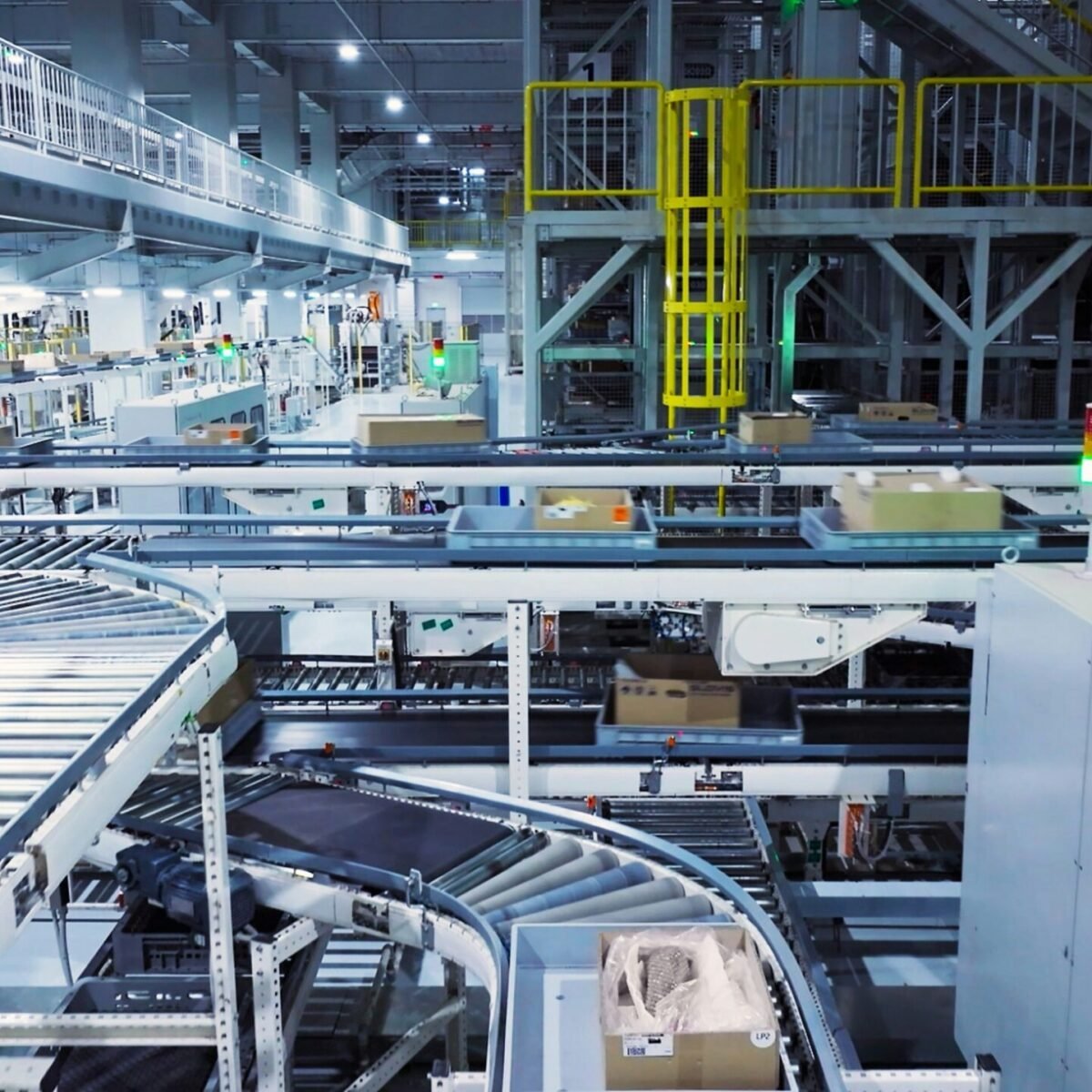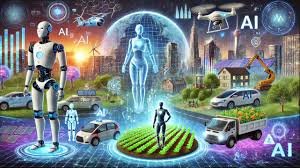Navigating Efficiency in an Unsettled Global Economy
In today’s unpredictable global economy, the emphasis on efficiency and return on investment is becoming paramount for businesses across various sectors. This shift is evident from a recent survey conducted in collaboration with Zebra Technologies, underscoring the urgent need for organizations to innovate and adapt. During interviews, a manufacturing transformation director from a leading European automotive company candidly expressed the stakes: “Either you do that and can compete on cost, or you will not survive.” This statement encapsulates the crucial role that automation plays in modern operational strategies.
Understanding Intelligent Operations
As companies scramble to enhance their operational efficiency, the notion of “intelligent operations” has emerged as a focal point. A partnership with Illinois-based Zebra, a well-regarded provider of tools for digital transformation, illustrates this trend beautifully. Through a survey targeting 1,000 senior leaders from sectors such as manufacturing, retail, and transportation and logistics (T&L), findings revealed a diverse landscape of digital maturity. Larger firms increasingly leverage their size for automated solutions, while mid-sized organizations focus on strengthening their data management and foundational capabilities.
Remarkably, businesses already employing integrated hardware and software systems are witnessing tangible benefits—from improved productivity to heightened customer satisfaction and noticeable financial gains across different industries. Central to these advances are fundamental technologies like RFID, barcode readers, and mobile computing devices, which are becoming increasingly complemented by artificial intelligence.
Empowering Frontline Workers
A significant aspect of implementing intelligent operations is the empowerment of frontline workers. In the words of a sourcing director from a major U.S. retailer, “The best thing that happened for us, along with updating the software systems, is that we upgraded the technology and put it in the hands of actual associates and employees in the facilities.” This philosophy not only enhances workflow efficiency but also increases job satisfaction for employees, as they are equipped with tools that enable them to perform at their best.
AI as a Catalyst for Competitive Advantage
For organizations still lagging behind in their digital transformation, AI serves as a potential game-changer. It enables firms to consolidate data across various devices, predict operational bottlenecks, and make quicker decisions. Interestingly, only one-fifth of retailers improving their loss prevention efforts over the past two years relied on AI. Conversely, a third of retailers currently struggling with loss prevention recognize AI as crucial for future improvements. This trend is mirrored across numerous workflows, particularly in delivery and field operations within the T&L sector.
Many organizations are experimenting with AI for purposes ranging from inventory management and demand forecasting to quality intelligence and cost optimization. For instance, one global T&L company based in the U.S. is piloting AI solutions to assist drivers in delivering packages more accurately and quickly. While data collection is still in its early stages, feedback has been promising. As one senior operations director noted, “If we can finish stops sooner and increase productivity by adding an additional stop—even if it’s just one extra stop every other day—that’s significant.”
The Business Value of AI
The real question for businesses and the larger global economy revolves around the ultimate business value of AI as the technology continues to evolve. While the hype surrounding AI grows, its early impacts become increasingly evident: the technology is enabling already efficient organizations to enhance their operations further, while also providing an accelerated pathway for those still playing catch-up to join the competitive race.
Connect with Thought Leaders
As businesses navigate this complex landscape, tapping into the expertise of thought leaders can provide valuable insights. By leveraging global expertise and data-driven insights, organizations can uncover strategic, high-impact narratives that facilitate more sustainable leadership while driving profitability.
It’s an exciting yet challenging time for businesses as they explore the evolving technological landscape, and those who adapt swiftly stand to gain a considerable advantage in the marketplace.





